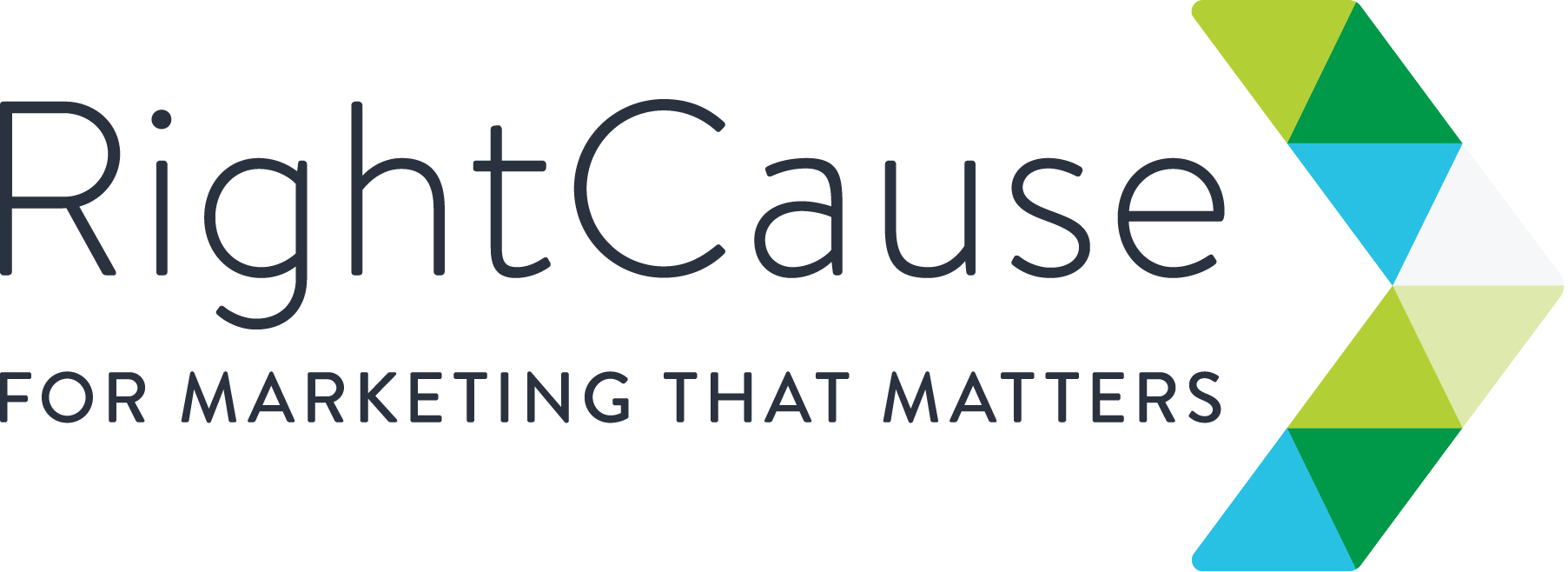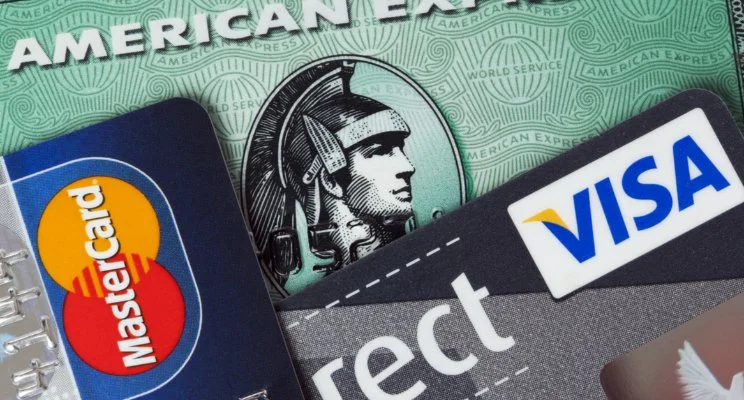Sorkin Throws Down: Who Will Step Up?
"...there's a real opportunity for the business community to fill the void and prove all that talk about moral responsibility isn't hollow." - Andrew Ross Sorkin, NY Times DealBook
Andrew Ross Sorkin, a longstanding writer for The New York Times, made a big splash on Monday with his article, "How Banks Could Control Gun Sales if Washington Won't." Just days after the Parkland, Florida school shooting that killed 17 students and faculty, Mr. Sorkin shared his thoughts on gun reform:
"Here’s an idea. What if the finance industry — credit card companies like Visa, Mastercard and American Express; credit card processors like First Data; and banks like JPMorgan Chase and Wells Fargo — were to effectively set new rules for the sales of guns in America?"
Instead of playing the blame game, Mr. Sorkin proposed solutions. He broke down the financial industry into 3 sectors and described meaningful action each group could take on the matter:
- Card Networks: Companies like Visa, MasterCard, AMEX, and Discover could refuse to do business with non-compliant retailers.
- Card Processors & Issuers: Institutions such as First Data, JPMorgan Chase, Wells Fargo, and Bank of America could prohibit sales transaction of a particular product.
- Influential Customers: Lucrative clients like McDonald's, Starbucks, Apple, Amazon, AT&T, CVS could pressure their card networks, processors and issuers to take action.
So, What's the Big Deal? For nearly two decades, Mr. Sorkin has been a leading source of hard truths about Wall Street and corporate America. The ripple effect of Mr. Sorkin's voice is seemingly felt across all aspects of our lives, from business to culture. This time, Mr. Sorkin points a finger directly at industry leaders notorious for their "socially responsible" business practices (or lack thereof.) He used Visa as a prime example of companies touting lofty CSR standards, but taking little action.
Then things got really interesting when Mr. Sorkin's article addressed one executive individually, "Jamie Dimon, chief executive of JPMorgan Chase, which issues credit cards and owns a payment processor, has talked about how he and his bank have 'a moral obligation but also a deeply vested interest' in helping 'solve pressing societal challenges.' This is your chance, Mr. Dimon." So yeah, Sorkin double-dog dared Dimon in The New York Times.
Think About It: America's financial industry has unmatched power over domestic commerce. Simply put, financial institutions can prohibit the sale of legal products on their platforms. This means credit card networks, processors, and issuers can substantially impact the accessibility of a particular product. For instance, if a retailer's credit card processor stops accepting the sale of a particular item, the retailer will likely stop stocking that product. Why waste the valuable shelf space?
Popular card processors like PayPal, Square, Stripe and Apple Pay have long forbid the sale of firearms with their services. A spokesman for Square told Mr. Sorkin, "We do not believe permitting the sale of firearms on our platform is consistent with our values or in the best interests of our customers" Even some of the big boys of banking have flexed their muscles when it comes to sales restrictions; JPMorgan Chase, Bank of America and Citi recently banned the purchase of bitcoin with their cards.
[Triple] Bottom Line: Political leaders may have their hands tied when it comes to certain law reform, but corporate America can make up the difference. Chief executives, especially those in the Financial Industry, have the opportunity to give voice to their consumers and make good on some long-neglected CSR.
So, is it time you step up?
Article Published: February 27, 2018

